Explore stories that spotlight grantees; amplify the voices and perspectives of those working to transform the public education system; and provide insight into current issues.
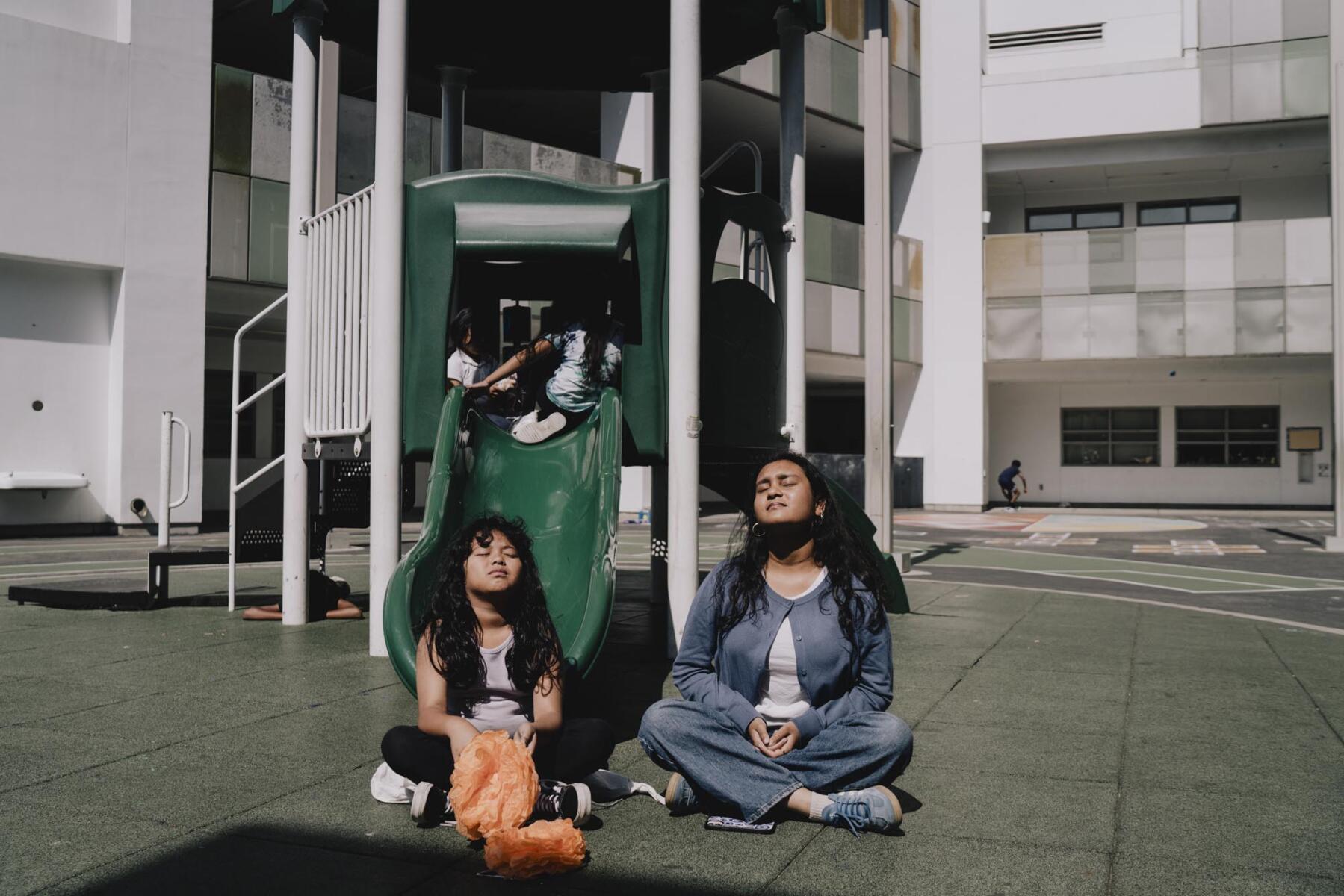
UCLA Community School: Creating the Conditions for Thriving
This photo essay explores UCLA Community School through the lens of three high school students, providing a powerful example of what is possible when a school is designed with thriving at the center.
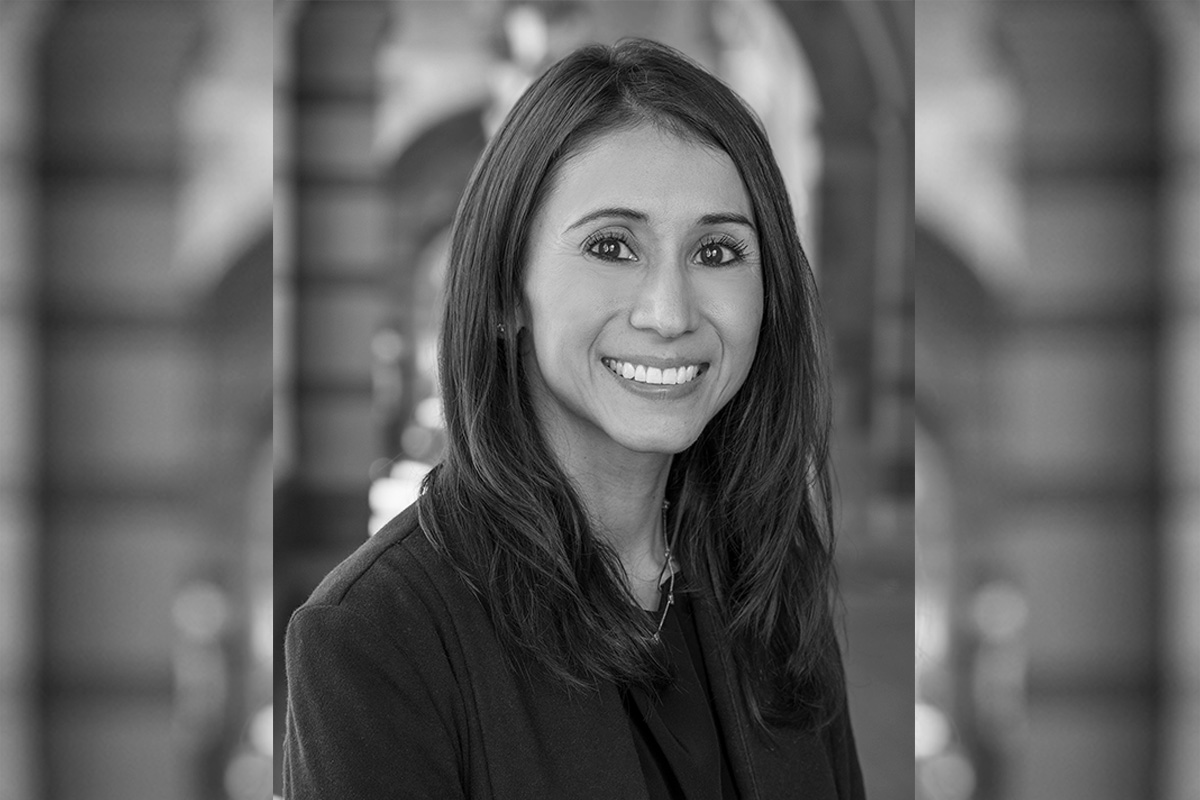
Up Close: An Interview With Dr. Adriana Galván, Co-Executive Director of the UCLA Center for the Developing Adolescent
Adriana Galván reflects on how the Los Angeles fires have impacted adolescents and how educators and caregivers can support young people through the aftermath of this crisis.
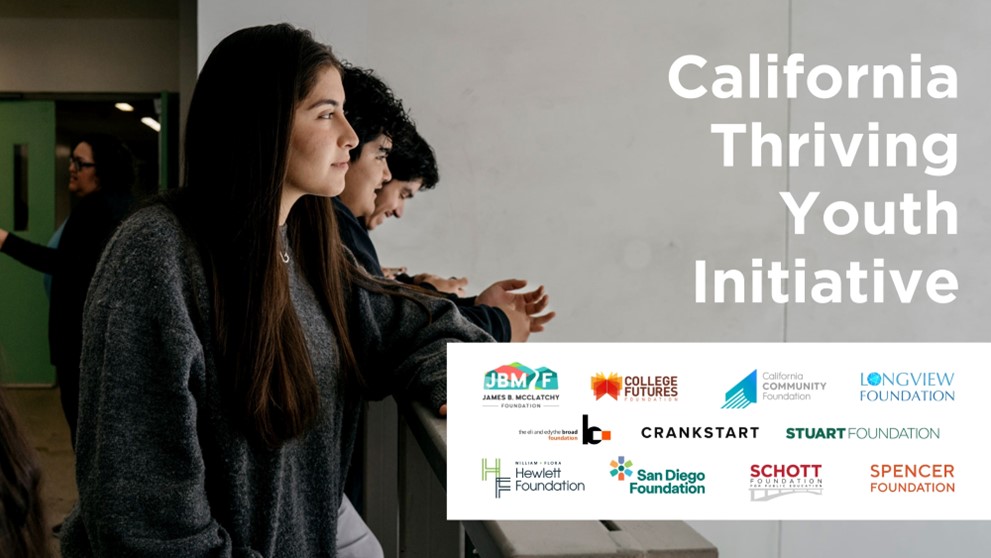
California and National Funders Partner in California Thriving Youth Initiative
Multi-year collaborative seeks to transform the high school experience, expand opportunities after graduation, and reassert the essential role public education plays in preparing young people as informed and engaged participants in civic life.
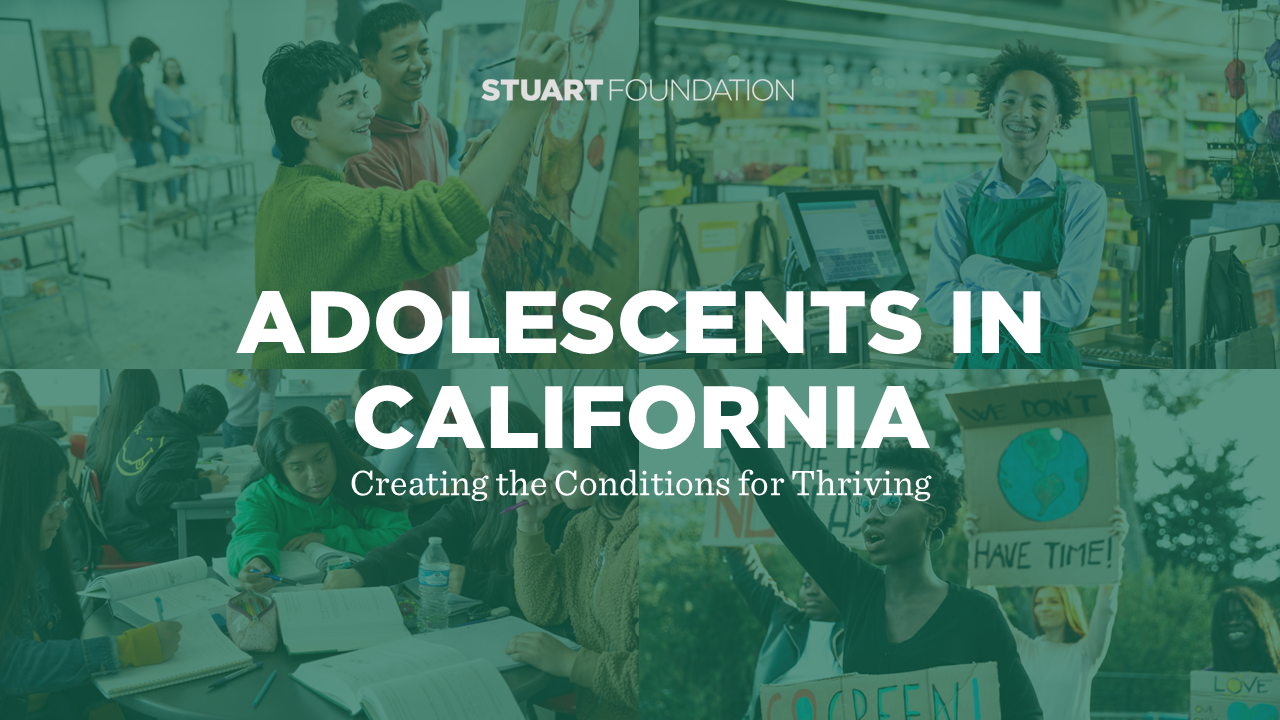
Adolescents in California: Creating the Conditions for Thriving
Stuart Foundation President Sophie Fanelli introduces Adolescents in California: Creating the Conditions for Thriving, a celebration of young people in California and the many and varied contributions they make to their families, their schools, and their communities.
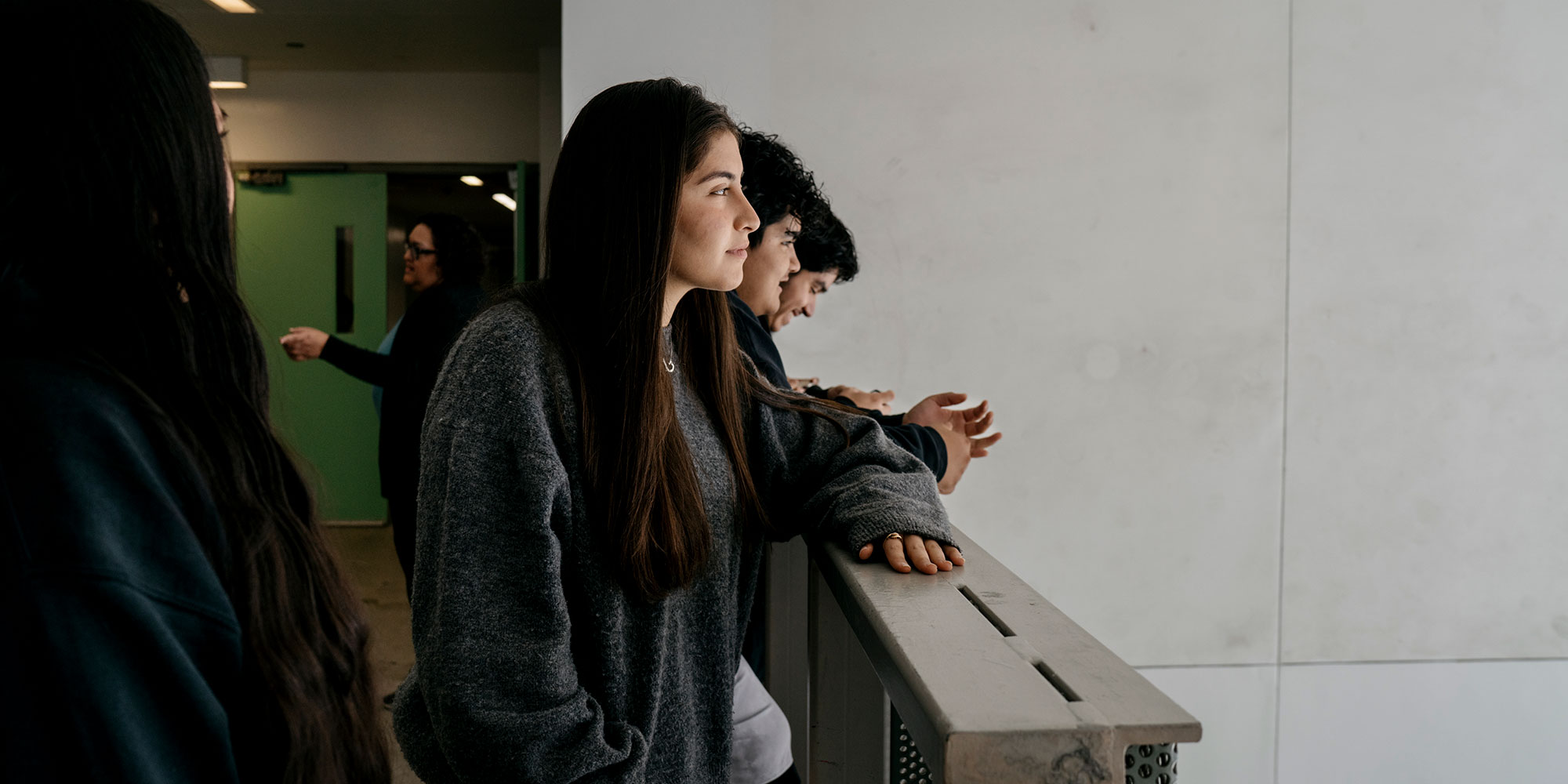
Advancing the Leadership and Learning of California Youth
The presidents of the Stuart Foundation and the California Community Foundation discuss the California Thriving Youth Initiative, a collaborative effort to invest in adolescent leadership and learning and reassert the role that public education plays in our country’s diverse and changing democracy.
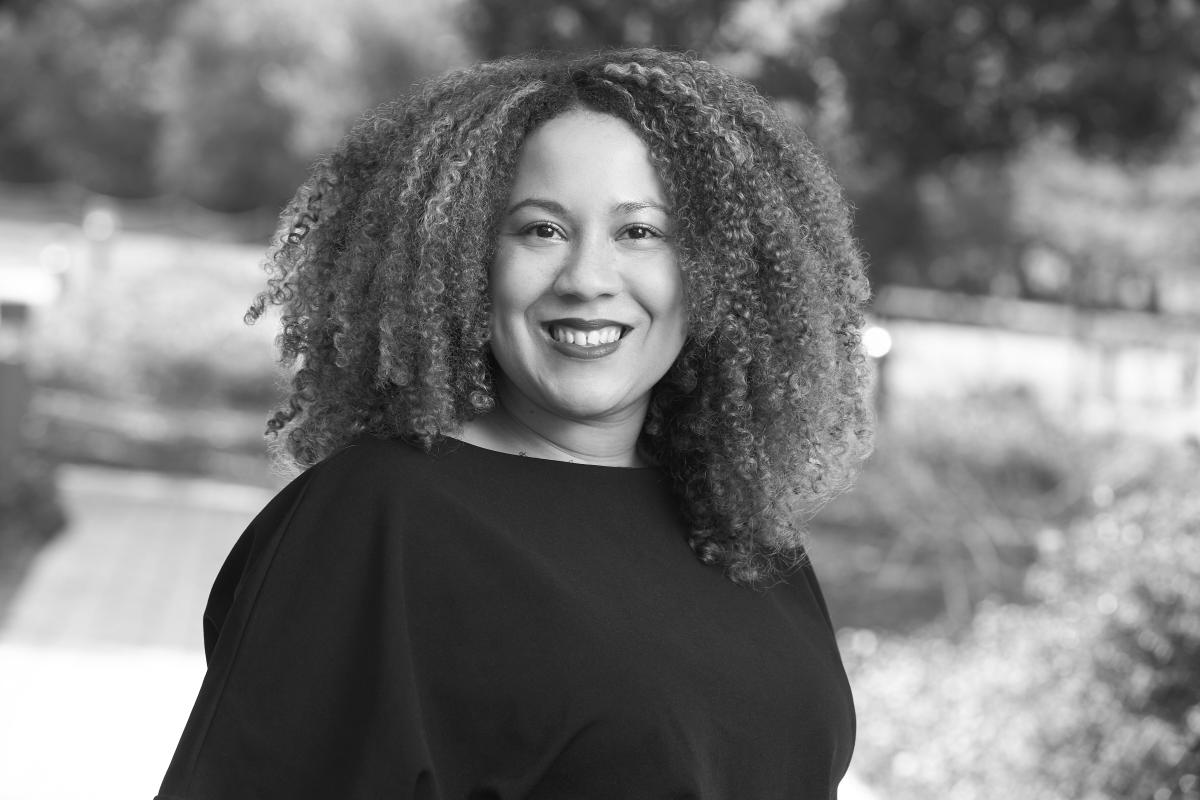
Up Close: An Interview with Kathryn Bradley, Director of the Purpose of Education Fund at the Stuart Foundation
Kathryn Bradley shares about the Purpose of Education Fund, including its goals of catalyzing a national conversation and accompanying work focused on the role of public education in a diverse democracy.

Up Close: An Interview with Peter Ross, Managing Director of the Youth Thriving Through Learning Fund at the Stuart Foundation
Peter Ross shares about the Youth Thriving Through Learning Fund, including its work to reimagine learning experiences for California’s adolescents and prepare and support them for life after high school.
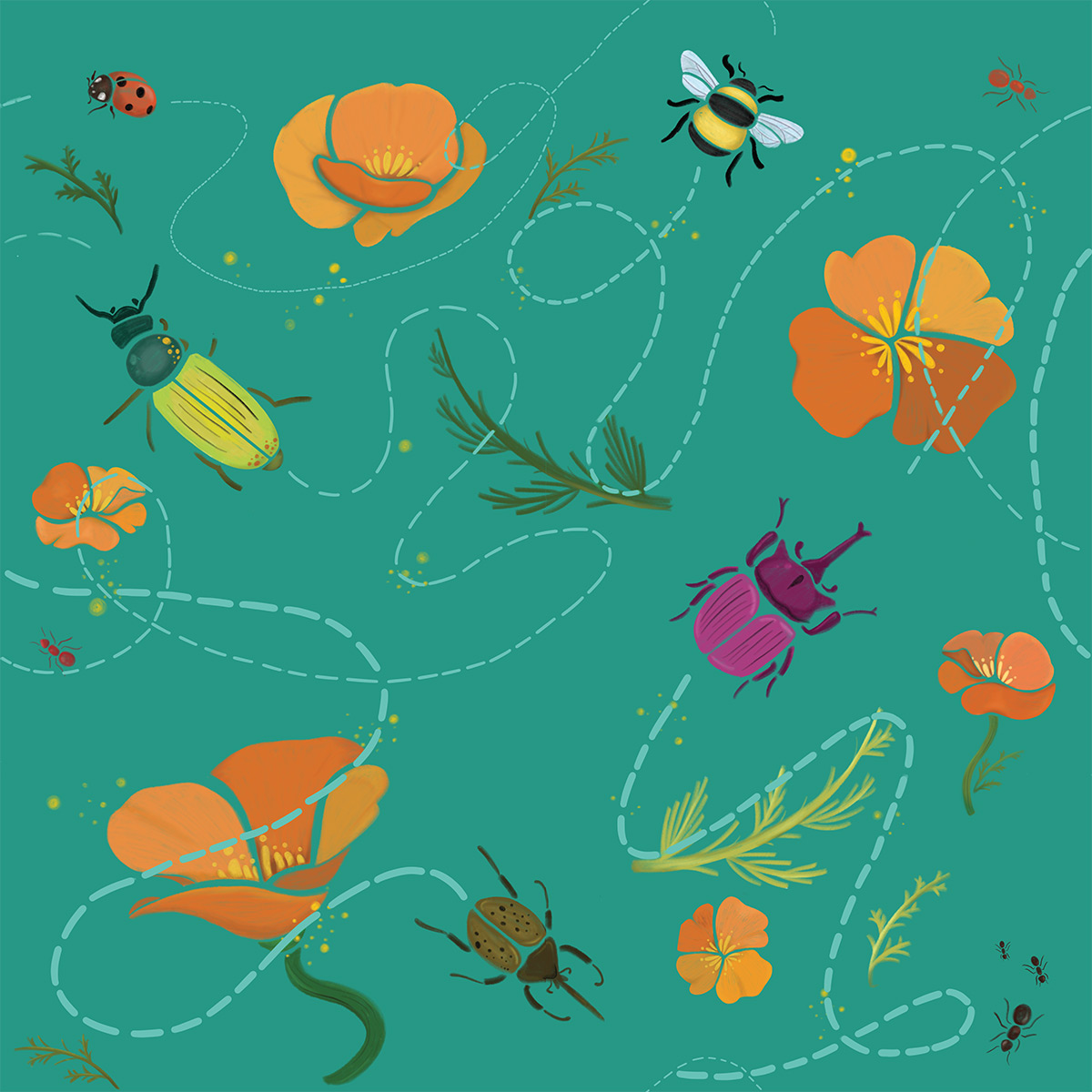
Perspectives on Thriving
A look at how a creative partnership between the Stuart Foundation and students in the Design Lab at the Otis College of Art and Design informed the development of the Foundation’s new color palette and website.

California’s Young Workforce: Navigating the Present, Shaping the Future
California’s young workers, aged 16 to 24, are not just participants in the state’s economy. They are at the heart of shaping its future, according to a report from the UCLA Labor Center, a Foundation grantee.
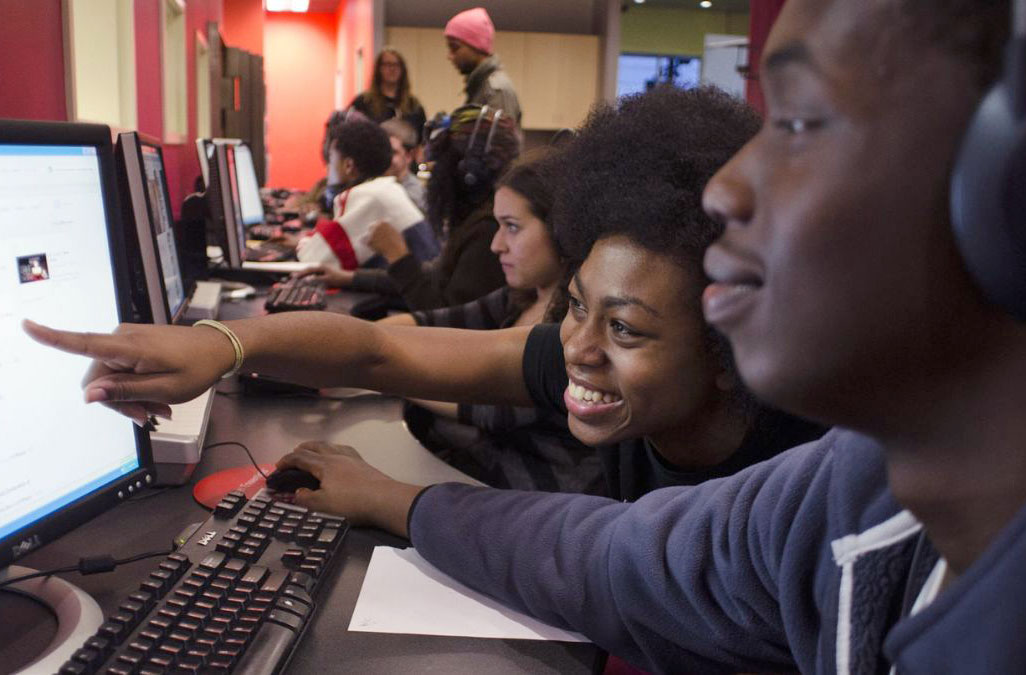
YR Media: Transforming the Media Landscape through Youth Leadership and Trauma-Informed Supports
A profile of YR Media, a longtime Stuart Foundation grantee that has been nurturing the voices of young content creators since 1993. At YR Media, youth elevate their voice and build their skills across various media forms including music, podcasting, design, and interactive media.
